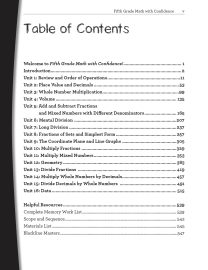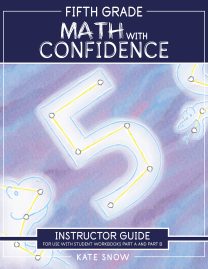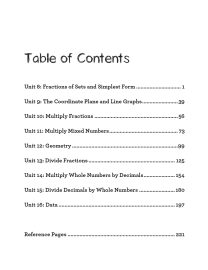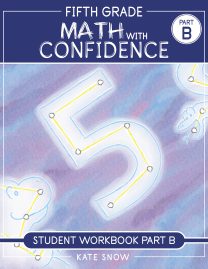
Originally written in 2020, this post from Susan Wise Bauer continues to offer practical advice for easing you and your family into homeschooling. Read on for practical tips for navigating that first month (and beyond) of homeschool life.
This week, many parents found themselves thrust into the world of schooling their children at home. Adjustments like these can feel overwhelming and impossible, but we’re here to help. Susan Wise Bauer offers some simple, practical tips for smoothing this transition:
Week 1:
- Don’t rush into a new rigorous schedule. This is a big change, and although kids may be pleased to not be rising early and rushing off to school, change is always disorienting. Give them most (or all) of this first week to sleep late, slouch around, and overindulge in screen-time. As long as they’re finishing and turning in any work that their teachers have given them, grit your teeth, feed them junk food, and let them watch screens and lounge around like slugs.
Week 2:
Time to go back to a regular weekday schedule. This coming Sunday, sit down and establish the following benchmarks for every day:
- Time to get up. Same time every day.
- Morning chores and routines. (Showering and putting on actual clothes is important.)
- The time they need to start on their schoolwork.
- A 1-2 hour afternoon break (between 1 and 4 tends to be best) when everyone goes to their room and entertains themselves without speaking to/interacting with any other member of the family. EVERYONE NEEDS ALONE TIME, even the extroverts.
- Daily exercise time (and strategy. Walk, bike, online yoga?).
- “End of the day” time. When you’re all at home, you don’t have the natural “And now we are done and back” transition that we’re all accustomed to. Plan it in. 7 PM? Everyone’s done. We’re off duty now and “resting” for the next day.
Your children may use more screens than usual. Relax. They’ll be fine. Sanity is more important than some abstract commitment to the written word over graphics. You are *not* on entertainment duty; let the screens take care of that. (They’re really good at it, after all.)
Weeks 3 and 4:
Take Sunday to look back over last week. What worked? What didn’t get done? What do we need to adjust, add, subtract?
In addition, if you’re not getting detailed lesson plans from teachers:
- Start focusing in on basic skills. Prioritize math and language arts (spelling, grammar, writing, reading). If it looks like we’re in this for the long haul, STOP thinking about everything else. Just get a good routine of math and language arts moving forward and figure out whether the books you’re using are working or not.
Week 5 and beyond:
- Think about what you want to add to math and language arts, and in what order. Adding one subject per week is PLENTY. This is a big adjustment. Don’t add everything in at once. It’s like a running program: you’re not going to start with 10 miles per day, you’re going to start with 2 miles and VERY slowly work up.
Well-Trained Mind Press offers MP3s of all of Susan’s lectures on homeschooling, as well as a lecture by Jessie Wise, co-author of The Well-Trained Mind.
We also host online forums for homeschooling parents. They’re free to participate in and are packed with parents who have navigated this before. This community is full of support, advice, tips and tricks, and even the occasional distraction.
Recommended Products
-

Juneteenth Booklist & Activities
0 out of 5$0.00 Add to cart -


Fifth Grade Math with Confidence Instructor Guide
0 out of 5Starting at:$36.95Original price was: $36.95.$27.71Current price is: $27.71. Select options -
Sale!

Hansel & Gretel and Other Stories: Downloadable MP3
0 out of 5$12.95Original price was: $12.95.$9.71Current price is: $9.71. Add to cart -
Sale!

Dorothy and the Wizard in Oz: Downloadable MP3
0 out of 5$25.95Original price was: $25.95.$19.46Current price is: $19.46. Add to cart -
 Sale!
Sale!

Fifth Grade Math with Confidence Student Workbook B
0 out of 5$16.46 – $21.56 Select options This product has multiple variants. The options may be chosen on the product page -
 Sale!
Sale!

Fifth Grade Math with Confidence Student Workbook A
0 out of 5$16.46 – $21.56 Select options This product has multiple variants. The options may be chosen on the product page
ABOUT THE AUTHOR
Well-Trained Mind Press Staff
Join over 100,000 homeschooling families
For the latest offers, educational insights, products and more.
By joining you agree to our privacy policy.


















